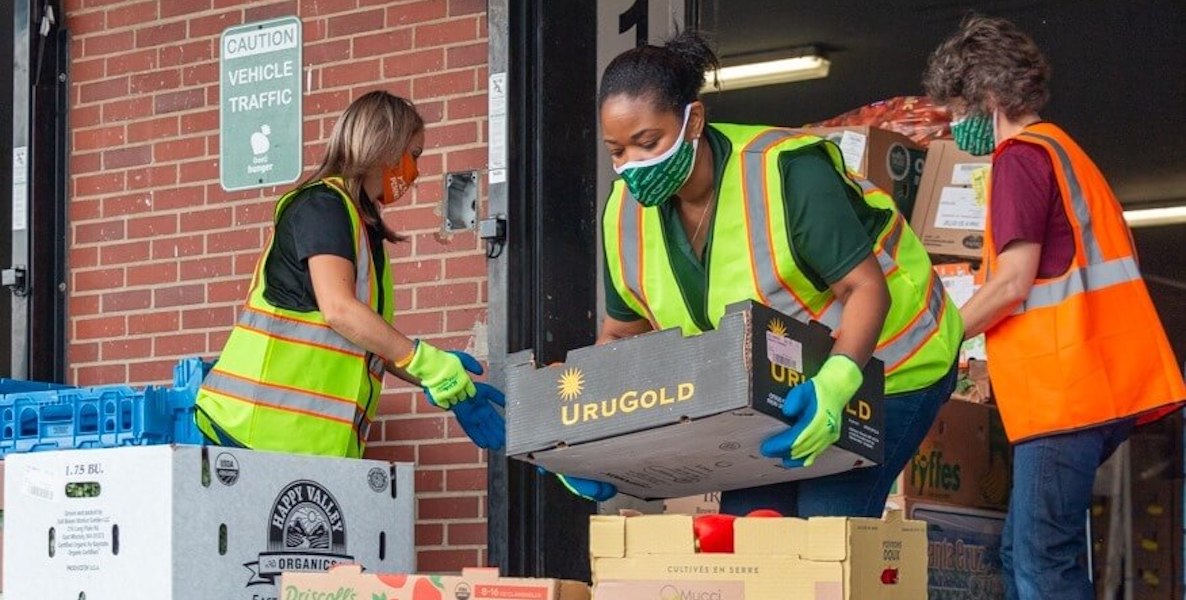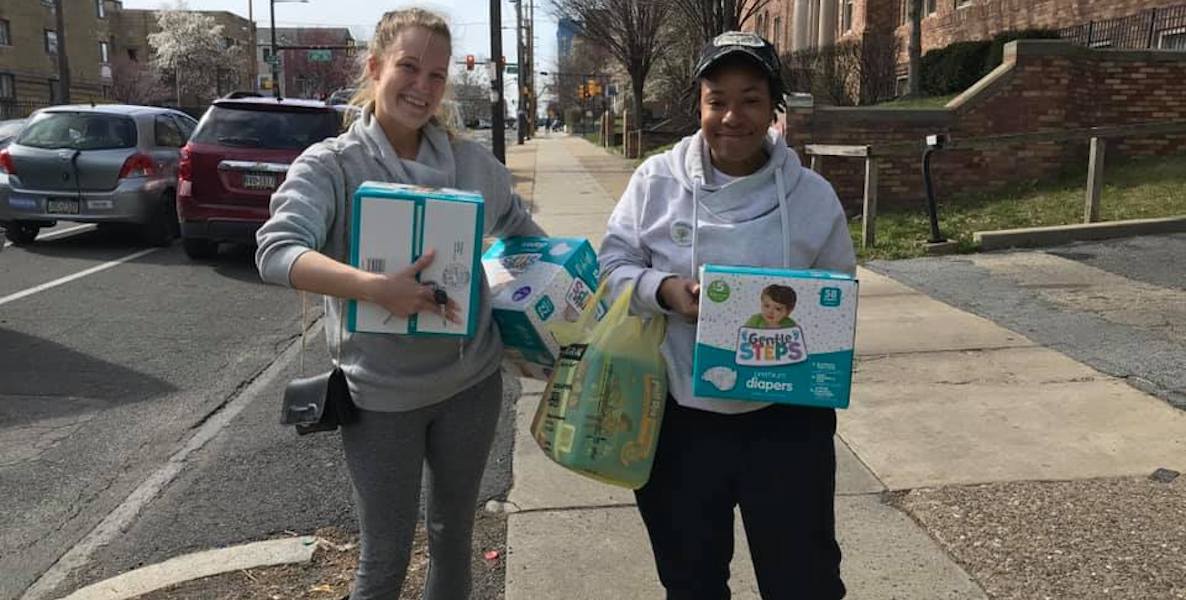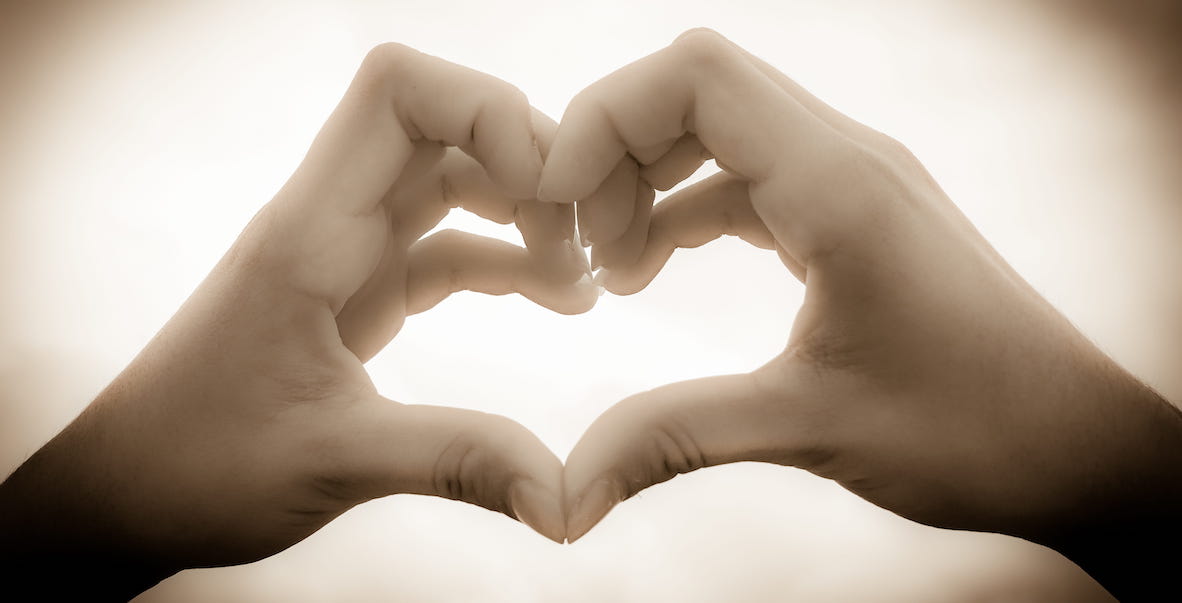We’ve been through crises before. We’ve lived through 9/11, economic recessions, prolonged periods where our nation was at war, and a seemingly endless era of mass shootings terrorizing our schools, places of worship, workplaces, and public spaces.
What helped us through each of those times—and other times of national tragedy—is what we are missing now: the ability to come together with family, friends, neighbors, faith communities, and even strangers to grieve, mourn, pledge action and find hope.
We can’t do that now—at least not physically. But we must use all the tools at our disposal to build connection and reaffirm our unity. It is always coming together and standing as one that has helped us rise to challenges and fight battles; and although it may look a little different now, we must find ways to make it happen.
We need to take hope and draw strength from the heroes we know are During the pandemicMore ways to help
What in theory should be simple is not easy. The allure of working at home and skipping the commute is wearing off; the laundry and dishes are piling up; the kids are frustrated with remote learning. We don’t have our normal escapes that keep tempers in check and help reduce stress—we can’t slip out to the gym, enjoy a movie, or run to the local restaurant for a bite.
In this fight, we are all Americans; we are all humans. We must use the tools we have to build connections, stay in touch, share information, and stand together virtually until we can once again stand together physically.
But we are witnessing sheer ingenuity and creativity at all levels—from neighbors hosting virtual sing-alongs to religious services being conducted online to concerts on the couch to daily videos and blogs from creative friends.
These virtual gatherings are critical to our long term unity, just as the individuals sewing masks, distilleries changing production to sanitizers, meals on wheels programs finding new ways to feed those who cannot otherwise get food, and the ramping up of telemedicine are to our physical health.
We are witnessing the best of America.
But this is also the type of moment where the worst parts of our Come Together at Our Virtual Town HallsDo Something
We see them misnaming the virus as the “China virus,” or worse, scapegoating Asian Americans as the “source of the virus,” and blaming Asian Americans, Jews and other minority groups for spreading the virus. There have been too many accounts of people yelling slurs at people perceived to be of Asian descent, and documented cases of physical assaults against Asians and Asian Americans.
We cannot afford to pay any heed to those who seek to divide and sow hatred. But more than that, we must actively oppose them. Their rantings must be suffocated, deprived of oxygen, while we muster crucial resources to fight the real enemy, a mortal one that does not discriminate between victims of one identity or another. Covid-19 is a vicious virus that is simply happy to have a host.
In this fight, we are all Americans; we are all humans. We must use the tools we have to build connections, stay in touch, share information, and stand together virtually until we can once again stand together physically.
Take action with ADLDO MORE
United we must stand in our fight for health and our future together—one people, the American people.
Shira Goodman is the regional director of the Anti-Defamation League serving eastern Pennsylvania, southern New Jersey and Delaware, and Doron Ezickson is the vice-president, Mid-Atlantic/MidWest Division of the Anti-Defamation League.
Photo courtesy pxfuel





